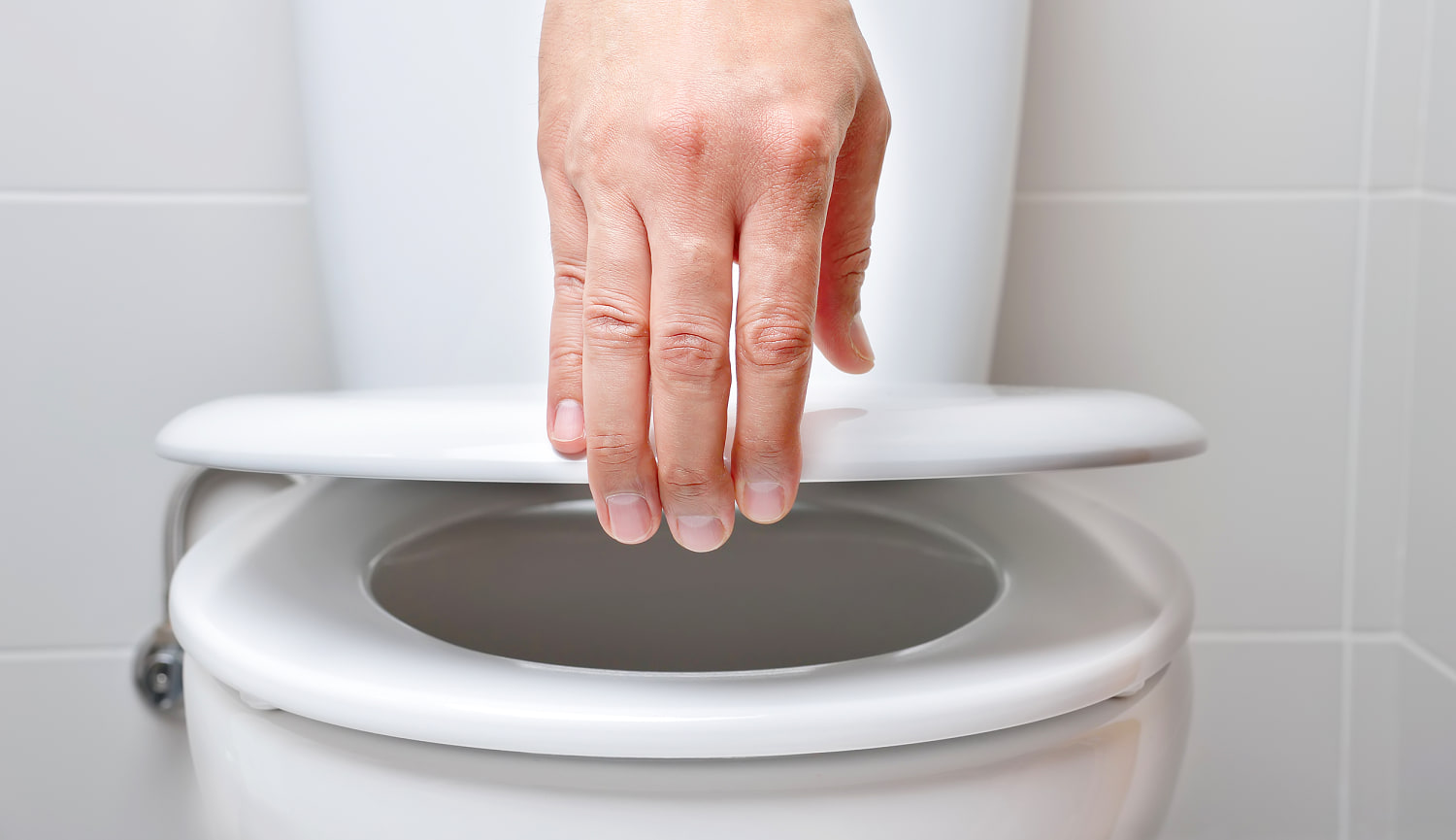Ever taken a "ghost poop?" For a topic most people shy away from talking about in real life, bowel movements are an extremely popular subject of discussion online. So-called ghost poops have gone viral on TikTok, where you can find countless videos of people talking about the mysterious fecal phenomenon. Typically, when we go No.
2, we see some evidence in the toilet bowl or on toilet paper. When you could’ve sworn you passed stool but there’s no sign of it, you may have had a “ghost poop.” While “ghost poop” isn’t a term you’ll find in the medical literature, “patients definitely are interested in talking about ghost poops and ask me about this commonly,” Dr.

Felice Schnoll-Sussman, gastroenterologist and professor of clinical medicine at Weill Cornell Medicine, tells TODAY.com. According to social media and gastroenterologists, a ghost poop can refer to a few different bowel-related phenomena: In most cases, pooping is a well-orchestrated and coordinated movement, Dr.
Rabia De Latour, gastroenterologist at NYU Langone Health, tells TODAY.com. The nerves in our rectum, our brain and the anal sphincter muscles all work together to release stool at the right time.
"The sphincters in our rectum are incredibly intelligent and sensitive parts of our body," says De Latour. This part of the body can actually distinguish between air, liquid and solid and selectively let one thing out and not the other, she adds. During defecation, "the rectum senses pressure from.
















